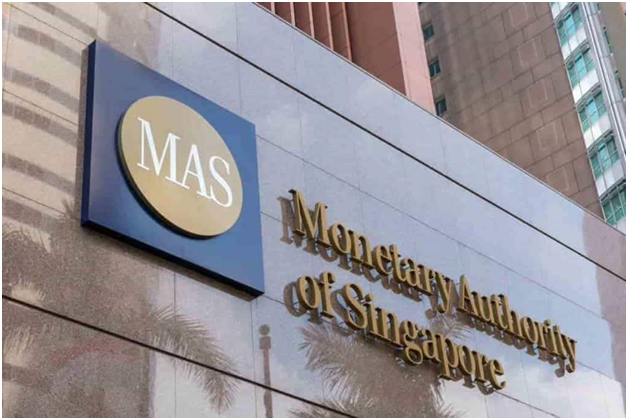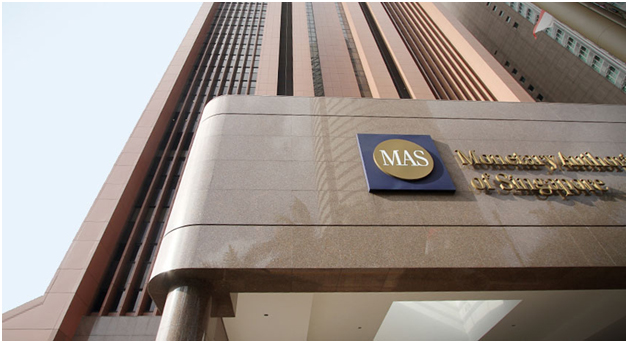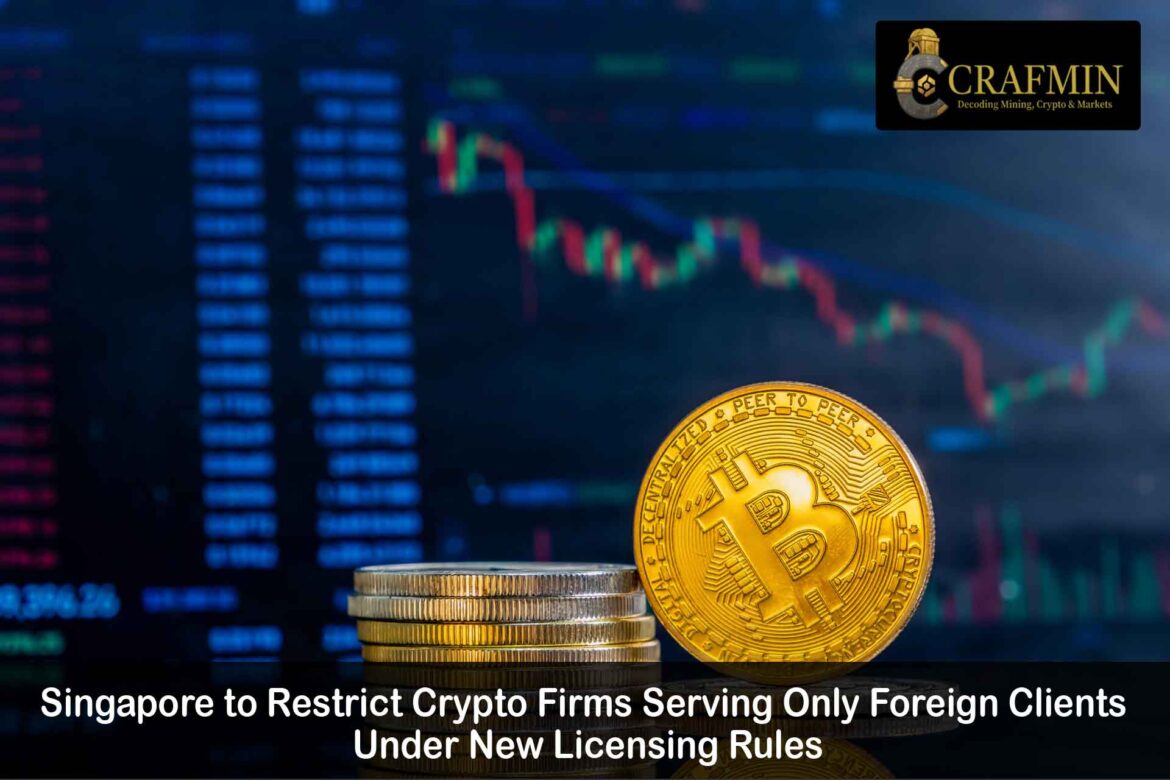Singapore Tightens Controls on Crypto Firms Serving Only Overseas Clients
Singapore is preparing to introduce new regulations that will significantly restrict crypto service providers operating from within its borders but catering solely to clients based abroad. The Monetary Authority of Singapore (MAS), the country’s central bank and financial regulator, has confirmed that from 30 June 2025, such businesses will need to hold a licence under the Financial Services and Markets Act 2022.
However, MAS has stated that licences for these types of providers will generally not be granted. This effectively means that digital token service providers (DTSPs) operating exclusively for offshore clients must either secure approval—which is unlikely—or wind down their operations.
The announcement, released on 6 June 2025, follows public concern about whether MAS was planning to completely block crypto firms from working with foreign customers. The regulator clarified that it is not imposing a blanket ban but is taking steps to prevent unsupervised cross-border activity conducted from Singapore.

Image 1: Monetary Authority of Singapore (Source: Vietnam Insider)
Focus on Regulated Activity and Supervision
According to MAS, the main reason behind the tightened requirements is the heightened risk of money laundering posed by firms that serve only overseas clients. The authority noted that when the core business activities of a provider occur outside Singapore, it becomes difficult for MAS to exercise effective oversight.
The upcoming rule change applies to digital payment tokens and capital market product tokens—both of which fall under MAS’s regulatory scope. If a provider in Singapore offers services in these areas but does not have any local clients, it will now fall under this new licensing regime.
Ravi Menon, Managing Director of MAS, emphasised the importance of ensuring that all regulated activities carried out from Singapore are subject to adequate supervision. He explained that businesses which choose to base themselves in the country must not use it as a platform to operate without sufficient regulatory checks, especially when there is little or no domestic presence.
The decision marks the latest move in Singapore’s effort to balance its openness to financial technology with strong regulatory oversight. By requiring that all qualifying digital token activity be licensed—regardless of whether clients are based inside or outside the country—MAS is aiming to close any gaps in its anti-money laundering framework.
No Change for Local-Facing Providers
Companies already licensed to serve customers in Singapore will see no change to their existing operations. MAS has confirmed that these providers, who are under ongoing supervision, may continue to serve both local and international clients without any new licensing requirements.
This means that businesses operating with a domestic client base, even if they also have foreign users, remain compliant under existing laws. Their ability to operate across borders remains intact, provided their activity is covered by their current licence.
In contrast, the new restrictions apply only to those who have deliberately chosen to operate from Singapore while avoiding engagement with the local market. MAS has drawn a clear line between domestic participation and offshore-only business models.
The updated licensing regime also does not apply to providers that deal only in tokens that serve purely functional or participatory purposes. For example, tokens used to access a platform’s features or to vote within decentralised networks are not captured under the new rules. These types of tokens are not classified as digital payment tokens or capital market product tokens and therefore do not require regulation under the DTSP regime.

Image 2: (Source: Tech in Asia)
Transition Period and Regulatory Communication
MAS has allowed a transition window for existing providers affected by the change. Companies currently offering services only to foreign clients from Singapore must cease such activity by 30 June 2025 unless they have received the required licence.
The regulator has noted that its position on this matter is not new. MAS has been consistent in communicating its policy since 2022, when it first responded to public feedback regarding the regulatory treatment of DTSPs. Further reminders were published in October 2024 and May 2025.
Read Also: BHP AI Hub in Singapore: Revolutionising Global Mining with Artificial Intelligence
Loo Siew Yee, Assistant Managing Director of Policy, Payments and Financial Crime at MAS, stated that the regulator has been in direct contact with businesses believed to be impacted by the new requirements. She added that support has been offered to assist with planning for a smooth withdrawal from these regulated activities if necessary.
Based on MAS’s information, only a small number of firms are expected to be affected. Nonetheless, the authority has encouraged any company that may fall under the scope of the new rules to reach out for clarification and guidance. A dedicated channel has been provided to ensure proper communication and to support the transition process.

